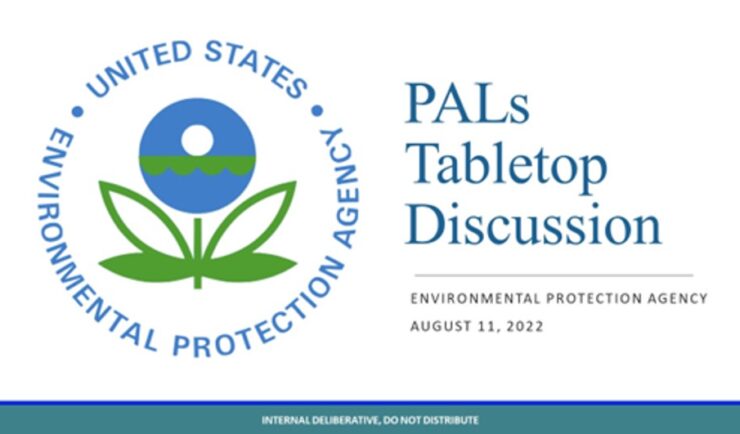
CSS supports several Centers for Disease Control and Prevention (CDC) campuses throughout the U.S. On-site CSS personnel are trained in hazardous material spill response and clean-up and provide this support within buildings and throughout campuses. As part of our contract with the CDC Hazardous Waste Program, CSS hazmat-trained employee owners are responsible for safely collecting, storing, and shipping hazardous and universal waste, as well as training laboratorians in spill control procedures, universal waste, and the Center for Disease Control’s online waste ticketing system.
A recent automobile collision on the CDC Atlanta campus caused battery acid, oil, transmission fluid, windshield wiper fluid, and antifreeze to spill into the roadway. Following the scene being secured by first responders, CSS hazmat-trained staff responded to and cleaned up the hazardous material to prevent further contamination. They used absorbent pads specifically designed for use in hazmat clean-up, and universal absorbent pillows to prevent chemicals from spreading and running into storm drains.


See More CSS Insights

Collecting and Studying Deep-Sea Coral
Three of our staff supporting NOAA’s National Centers for Coastal Ocean Science joined a team of nine other scientists on a 12 day expedition to collect deep-sea coral samples in the Gulf of Mexico.

Webinar Support for Emergency Chemical Release Response
Our staff assisted the EPA team in developing the webinar event, acted as moderator, and provided technical support.

55 Years of Earth Day!
Since April 22, 1970 — that’s 55 years! — we’ve celebrated Earth Day to raise environmental awareness and support for environmental protection. At CSS we have a passion for the environment and through various government contracts, we work with our clients to overcome challenges to help protect this rock we call home. Below are a…
